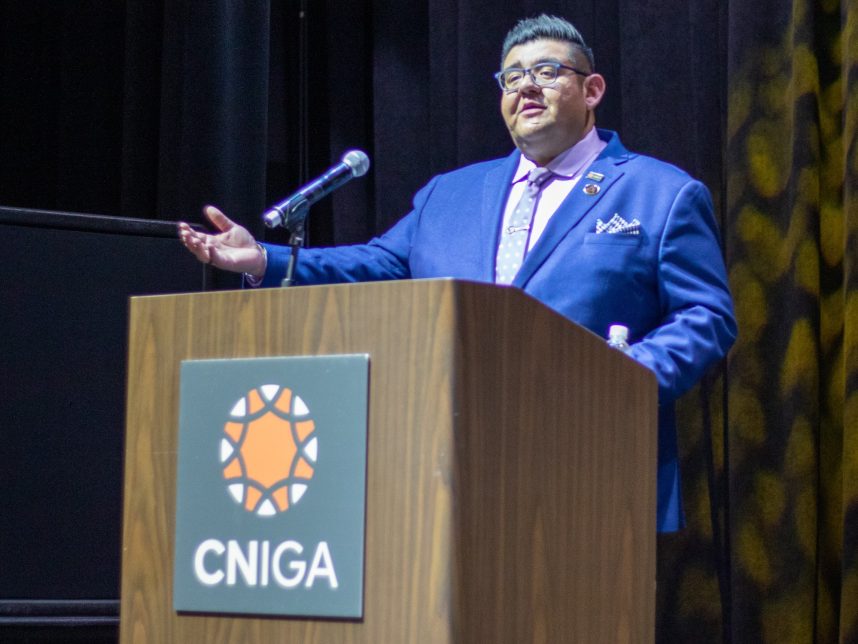California Indian Casino Leader Says CFTC Nominee Must Examine Prediction Markets
Posted on: November 21, 2025, 01:10h.
Last updated on: January 6, 2026, 09:06h.
- Michael Selig’s nomination to lead CFTC is close to moving to a full Senate vote
- Selig says he’ll let courts inform his decision-making on prediction markets
- California tribal casino leader calls prediction markets threats to tribal sovereignty
Michael Selig’s nomination to lead the Commodities Futures Trading Commission (CFTC) was advanced Thursday by the Senate Agriculture Committee, setting the stage for a full vote by the chamber. Ahead of that vote, a California tribal casino leader is calling on Selig to apply scrutiny to prediction markets.

James Siva, the chairman of the California Nations Indian Gaming Association (CNIGA), said he and tribal casino operators in the most populous state are open to working with Selig, but he reiterated that voters there soundly rejected efforts to legalize online sports wagering.
California voters have overwhelmingly rejected legalizing online gambling, yet several prediction market companies are offering products advertised as legalized sports betting in the state,” said Siva in a statement. “These products violate federal, state, and tribal government laws, as well as the CFTC’s own regulations, and the CFTC has failed to take action to stop such illegal activities.”
Selig replaced Brian Quintenz as President Trump’s choice to lead the CFTC, which is the federal regulator for derivatives exchanges, including prediction markets.
Selig Says He’ll Follow Court Rulings on Prediction Markets
In testimony before the Senate Agriculture Committee, Selig said he’ll let courts inform his decision-making process as it relates to prediction markets, but that might not be enough for tribal gaming entities arguing that event contracts represent an expansion of gaming that tribes didn’t sign off on.
In some states, including large ones such as California and Florida, expanded wagering offerings run through the tribes due to their exclusivity compacts with the states. Some tribes argue prediction markets flout those laws because the companies offering event contracts are exploiting loopholes to claim sports derivatives aren’t the same as traditional sports bets.
“Today, prediction market operators are exploiting a regulatory vacuum to push a sweeping, back-door expansion of gambling to every corner of the country, regardless of existing federal, state, and tribal laws,” adds Siva. “Mr. Selig said during his hearing that he will look to the courts as to what constitutes ‘gaming.’ We suggest Mr. Selig start by looking to the U.S. District Court for the District of Columbia, which held in Kalshi v. CFTC that the term ‘gaming’ includes sporting events.”
California could easily become one of the prime battlegrounds in the prediction markets debate because it’s the state sports book operators have most coveted, but haven’t been able to enter. Those operators view prediction markets as a workaround — one already being capitalized on by the likes of Kalshi.
Conversely, the tribes that dominate the Golden State’s multibillion-dollar casino industry see prediction markets as a threat to their sovereignty and the economic benefits they generate for surrounding communities.
Siva Wants Selig to Ax Sports Event Contracts
Siva’s position is clear. He wants Selig, if confirmed, to work with tribes with gaming interests to eliminate sports event contracts and any other derivatives that have the appearance of casino games.
“Failure to do so undermines decades of safeguards for sports integrity, consumer protection, tribal sovereignty, and state authority,” concludes the CNIGA leader. “We need the CFTC to respect the longstanding authority of state and tribal governments to define, regulate, and oversee any gaming activities that take place within our borders.”
No comments yet